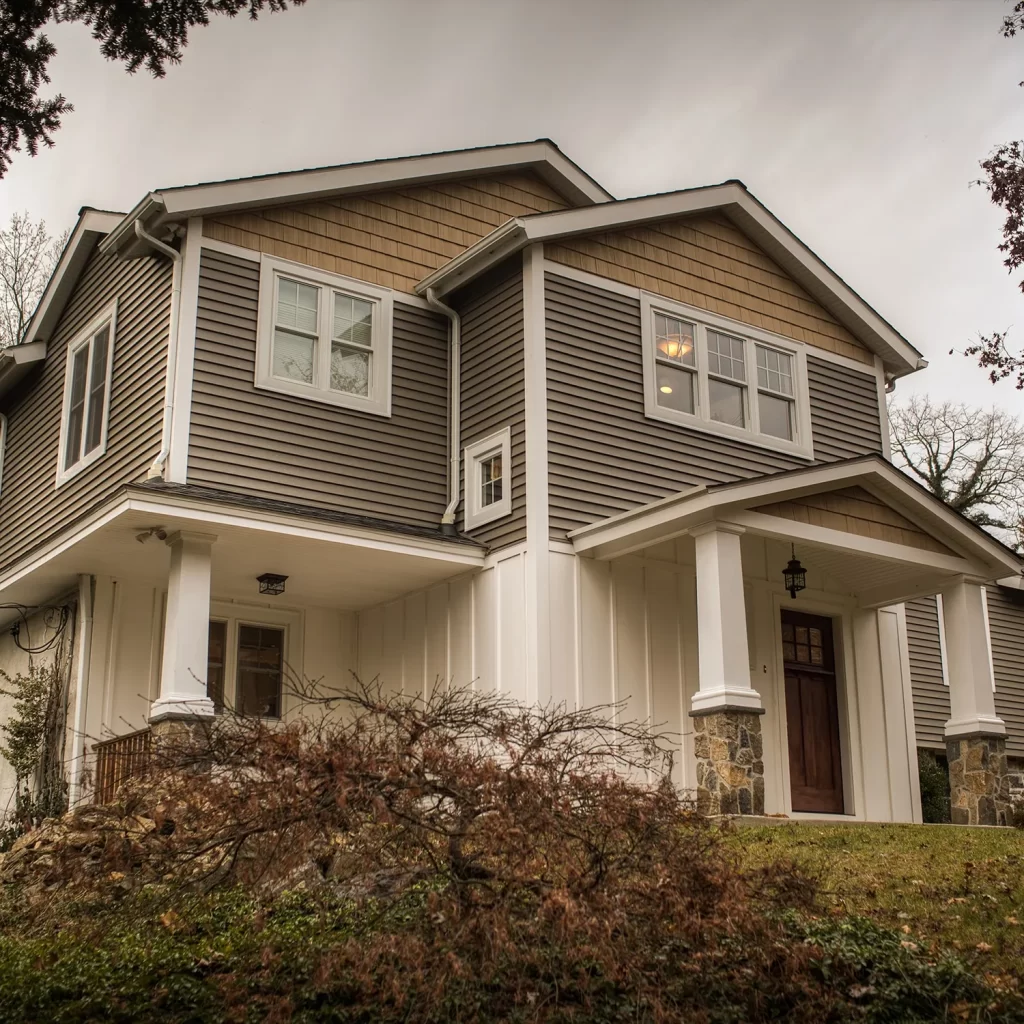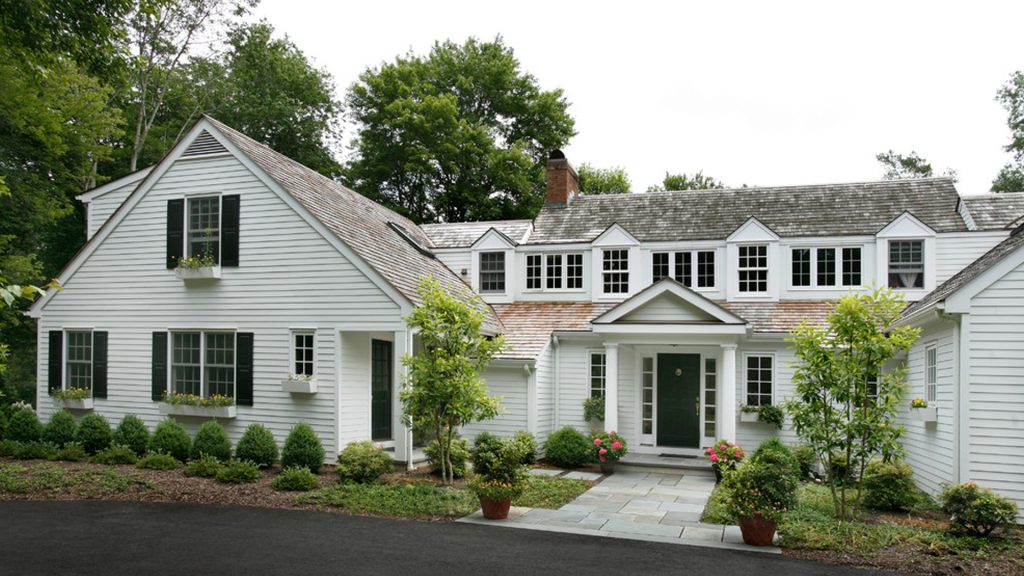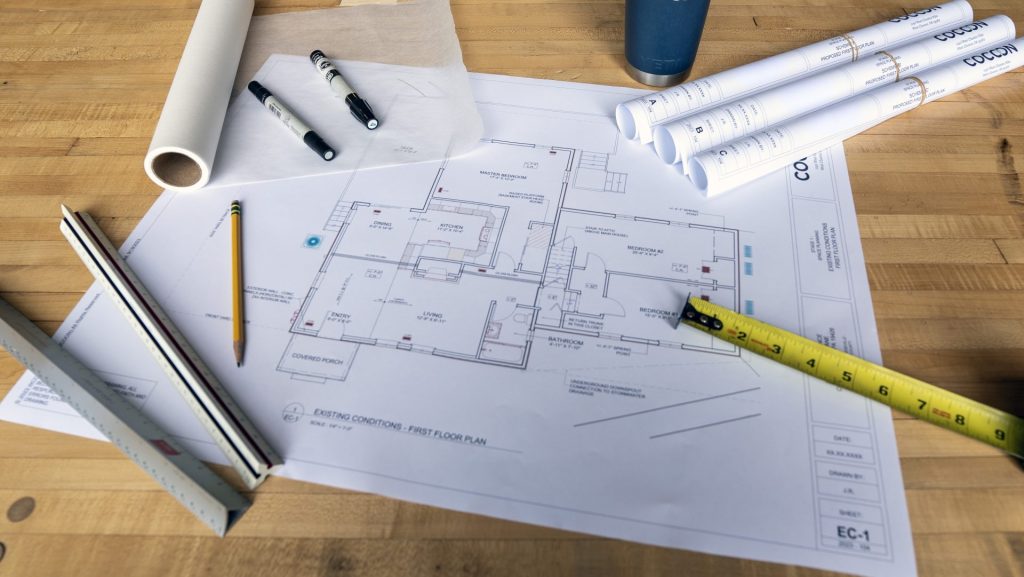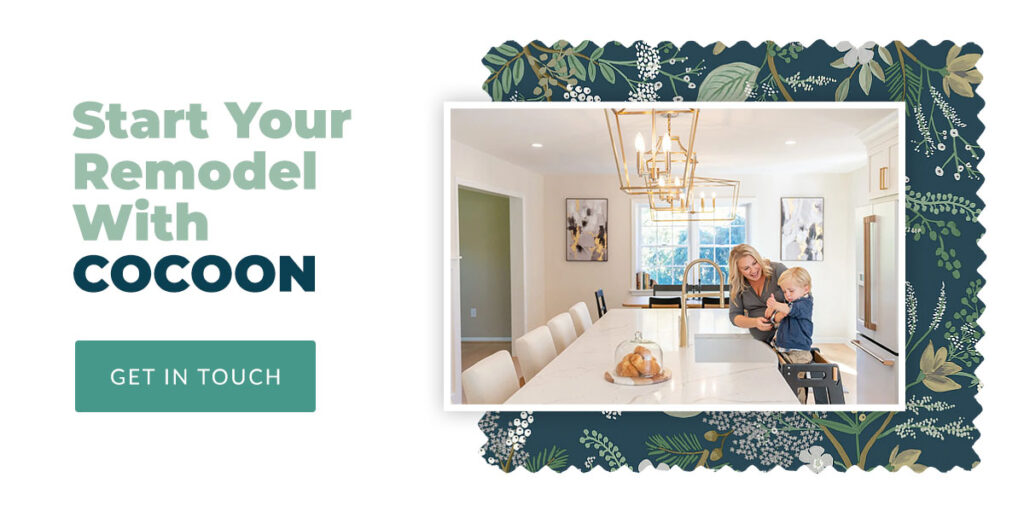 Call
us: (610) 594-2394
Call
us: (610) 594-2394
 Call
us: (610) 594-2394
Call
us: (610) 594-2394



At COCOON, we’re pretty excited about recent changes to West Chester’s ADU ordinance regarding properties and rental units. We want to inform homeowners about this opportunity and how COCOON can help you, as property owners, to capitalize on this ordinance by converting a small portion of your home into an ADU. This post will help West Chester residents learn how to add an exciting stream of income via their homes with the addition of an ADU.
An Accessory Dwelling Unit (ADU) is a smaller, secondary living space that can be built on the same property as a primary residence. Examples of ADUs include in-law suites, basement apartments, garage apartments, or backyard cottages. The primary idea behind an ADU is to provide additional housing options within existing neighborhoods without drastically altering the landscape. ADUs can take various forms, such as a separate building, an apartment above a garage, or a converted basement or attic. They are typically equipped with essential amenities for independent living, including a kitchen, bathroom, and sleeping area. It offers housing flexibility, affordability, and the potential for extra income while contributing to sustainable urban development.
In this article, we’ll talk about:
An Accessory Dwelling Unit or ADU is a secondary living unit located on the same property as a primary residence. It offers housing flexibility, affordability, and the potential for extra income while contributing to sustainable urban development. ADUs can be an innovative solution for addressing housing challenges and enhancing community livability.

To find out if an ADU is right for you, let’s start with an example of a typical ADU scenario:
John and Amanda own a house with a two-car garage in the West Chester Borough. With the new ordinance, they can build an apartment atop that garage. Let’s say they spend $200,000 creating that apartment. They may then rent it out for $2,000/month. In this scenario, it would take them 8.3 years to recoup their $200,000 investment. However, they’d have a steady rental income of $2,000/month or $24,000/year after that. This is an attractive income to them as homeowners who wish to live there for 20-30 years or more.
It is also a powerful selling point if they decide to move. With an ADU, it is not only a home but a home with a built-in rental income. If John and Amanda’s home was previously worth $500k before adding an ADU, it could now be worth $700k because they created a legal rental unit belonging to the house. They immediately increased their home’s value while also bringing in rental income.
Having an ADU would undoubtedly increase the value of your home, too. Suppose you own a single-family home in the Borough of West Chester. In that case, you can consider adding an ADU as a rental unit to your property that can accommodate one or two people. The official ordinance defines the West Chester ADU opportunity this way:
A residential dwelling unit located on the same lot as a single-family detached dwelling, single-family semi-detached dwelling, and single-family attached dwelling unit which provides complete independent living facilities for a maximum of two persons. It may take various forms: a detached dwelling unit; a dwelling unit that is part of an accessory structure, such as a detached garage; or a dwelling unit that is part of an expanded or remodeled principal dwelling unit. The adaptive reuse of a historic carriage house for an accessory dwelling unit shall not be considered an ADU.
It essentially means that once this amendment is completely formalized and made into law, most homeowners who live in the Borough have the right to convert a portion of their home, basement, garage, etc., into a rental unit.
This was very restrictive in the past. Officials now want to make it a bit easier for homeowners to create an ADU. There are still a lot of requirements, but it certainly offers new opportunities for many homeowners. COCOON is eager to partner with property owners in the Borough to design and build these Accessory Dwelling Units as either new structures or converted existing structures into a one-bedroom rental of (a maximum) 800 square feet.
Locals feel that the new ordinance increases the autonomy of property owners. As West Chester residents, you might find an interesting and related article, How Does the Borough Grow? New West Chester Ordinances Put Homeowners First, from Hello, West Chester. It talks about how the new ordinance came into being and the timing of the new statute.

If you enjoy reading government documents (snore) and wading through legal jargon (double snore), you can go for it and read the official ordinance in full here. If you’d rather read a summary in layperson’s terms, you’ll find it in the section below:
In West Chester, Pennsylvania, there’s a new law on the horizon that aims to change some of the regulations regarding housing, specifically in certain parts of the town. Let’s break it down step by step:
1. What’s the Law About? The law we’re talking about focuses on a concept known as “Accessory Dwelling Units,” or ADUs for short. These mini-homes can be added to a property with a main house. This law aims to create more housing options and flexibility in the town.
2. Where Can ADUs Be Added? The law lays out specific areas where these ADUs can be built. These areas include neighborhoods and town centers. Allowing ADUs in these places aims to expand housing choices and offer people more opportunities to live in the places they love.
3. What Can ADUs Look Like? ADUs can take different forms. They can be separate structures from the main house, like a little cottage in the backyard. They can also be part of existing buildings, such as converting a garage into a small apartment. The law ensures that ADUs are designed to fit the neighborhood’s character, maintaining the overall look and feel of the area.
4. Who Can Live in ADUs? ADUs are designed for smaller households, accommodating a maximum of two people. The law emphasizes that the owner of the main house must also live on the property. This prevents situations where whole properties are converted into rental units, maintaining a sense of community and responsibility.
5. Rules and Requirements – There are some rules that ADUs must follow. For example, there can only be one ADU on a single property. The size of ADUs is limited to a maximum of 800 square feet, with up to one bedroom. This ensures that ADUs remain reasonably sized and don’t overwhelm the main property.
6. Parking and Other Considerations – To prevent parking problems, the law requires one additional off-street parking space for each ADU. This helps keep the neighborhood streets clear and organized. Also, if the ADU is being rented out, it must meet specific requirements and obtain the necessary permits.
7. Benefits and Goals – The law aims to achieve several important goals. First, it wants to provide more housing options for different types of people, such as seniors, single parents, or young professionals. It also aims to bring back a sense of community by having property owners live on-site. Additionally, it wants to enhance the town’s overall urban development and reduce environmental impact.
8. How Does the Law Work? Once the law is enacted, these new rules become official and must be followed. It’s up to the town’s officials to ensure everyone complies with the law and that new ADUs are built according to these guidelines.
In a nutshell, this law is all about creating more diverse and flexible housing options while maintaining the character of the neighborhoods and ensuring everything is done safely and responsibly. It’s an attempt to address housing needs in a changing world while keeping the essence of the community intact.
If adding an ADU to your property is attractive to you, COCOON can help you reimagine your home as both beautiful and income-producing. We’ve reimagined remodeling by creating a 3-stage process that’s simple and personal. We’ll help you explore an ADU design and layout that makes sense for the efficiency and beauty of your property. Once we understand your goals and budget, our architectural designers will develop a series of three potential layouts for your upgraded space. These layouts represent three different approaches to your project, allowing you to see what’s possible in your space.
We are happy to help you choose the colors, finishes, and fixtures that complement your vision. With our virtual tour, you’ll see your decisions becoming reality even before we start construction.
COCOON takes care of everything to make your life easier. We’ll notify the neighbors, obtain the permits and handle every detail so you’ll never have to worry. We’re prompt, precise, and available to answer your questions and anticipate your needs as you watch your new space take shape. You can read the COCOON story here.

This is also interesting news for local, non-West Chester residents, as West Chester Borough is the influential county seat for Chester County. If laws like this expand into adjoining townships, it may open up new opportunities county-wide. Something to keep our eyes on!
We hope this article has been intriguing and inspiring to you. If you consider adding an ADU to your property, we hope you’ll offer COCOON the chance to assist you. Since 2007, we’ve remodeled hundreds of homes with our simple approach to home remodeling: put people first. This approach has helped us win over hundreds of happy customers, and we’d love the opportunity to do the same for you.
